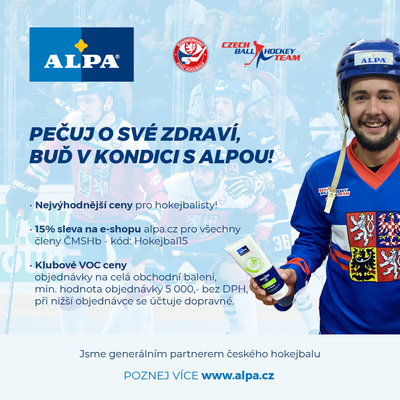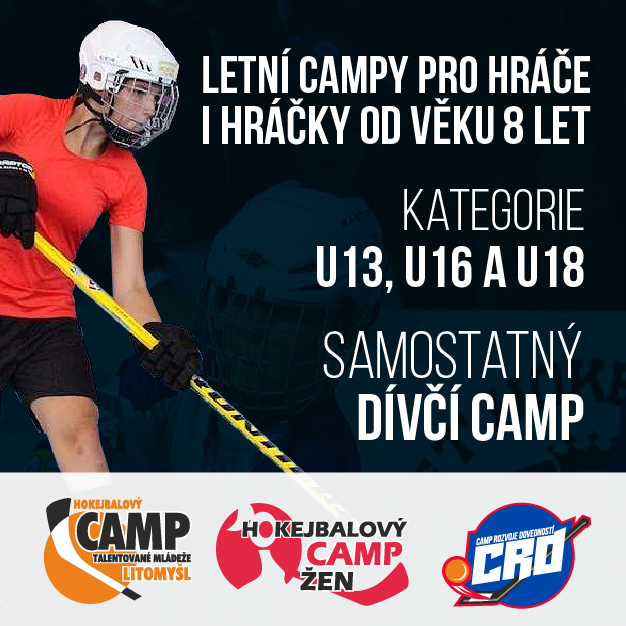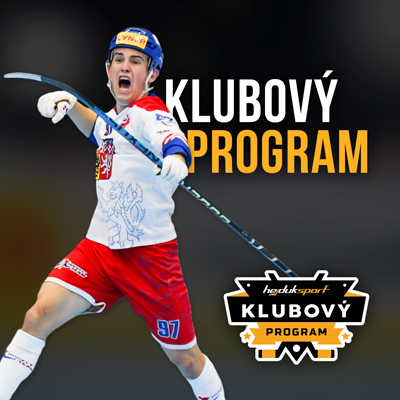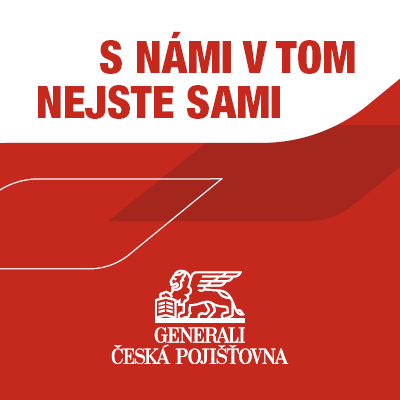“We Were So Close to Medals, Yet So Far,” Reflects Mário Paulík on Switzerland’s Historic Success

The Swiss national team achieved a historic fourth place at the recent home World Championship. Slovak ball hockey player Mário Paulík, who has been playing in Switzerland for several seasons, made a significant contribution to this success.
Mário Paulík arrived in Switzerland after the Junior World Championship in Bratislava in 2014, where he won the title with the Slovak U20 national team. Following this success, he continued his ball hockey career with the Sierre Lions, where he has now been for ten years. Since 2017, he has also worn the Swiss national jersey and made his third appearance at the senior championship this year. He and his teammates reached the semifinals in front of their fans but narrowly missed out on the bronze. In addition to his playing role, he helps to develop ball hockey in Switzerland and coaches youth national teams and at the club level.
“When You Give Our Team a Chance, It Fights Until the Last Second”
Mário, at the home World Championship, you and the Swiss national team achieved a historic fourth place. What does this position mean for Swiss ball hockey?
In hindsight, it’s certainly a great success, especially because we had a tough group. We didn’t play the round of 16 but went straight to the quarterfinals. However, I must say that our coaching staff, general manager, and everyone else left nothing to chance. We had everything prepared down to the last detail, including meal plans and daily schedules—food, recovery, and so on. The preparation for the home World Championship took two years; we participated in several tournaments and training weekends.
You were also close to winning the bronze. In the third-place match against the USA, you fought hard, but the opponent scored the winning goal less than three minutes before the end of regulation. How do you remember this match?
I remember that game with pain. Even though, in hindsight, it’s a great placement, as I mentioned above, we were so close to medals yet so far. The game hurts mainly because I don’t think the better team won. We made one mistake during a line change three minutes before the end, and at this level, opponents punish such mistakes.
For the first time in history, you also managed to earn a point in a match against Czechia, who won only after a shootout. How much of a boost was this for the rest of the championship?
It was definitely a great achievement, especially considering how the equalizer played out. We were trailing 1:3 with 48 seconds left in the game. But I must highlight our team; when you give it a chance, it fights until the last second. That determination allowed us to equalize. It definitely helped us psychologically because we all knew that Czechia was the biggest contender to win this tournament.
As you mentioned, you were down by two goals in the last minute of regulation, but you managed to tie it within 21 seconds. Do you still remember those moments?
Yes, I remember them very well because I was on the field for both goals. We were playing without a goalie; there was a tough battle after which we gained possession, moved the ball up, a few shots came, and one got through, making it 3:2. It was a very special situation for both teams—huge encouragement for us and slight pressure for Czechia. For the 3:3 goal, a Czech player threw the ball behind our net to kill time. I doubled the battle, won the ball, passed it along the boards to our speedster Cioffi, who exchanged passes with Muller Y., and it was 3:3. A huge surprise of the tournament was on the table. (laughs)

“The Atmosphere Was Unforgettable, Especially Since It Was on Home Turf”
As part of your preparation, you faced Czechia twice in February at the Three Nations Tournament. You first lost 1:8, and in the second game, 0:8. Where has Switzerland made the biggest improvement since then?
Yes, we met Czechia twice in Plzeň. The difference was definitely that by then, we had a fixed roster and had just come off the playoffs, so we had much more match practice and fitness. We definitely improved in power plays and our conditioning, also thanks to match practice. Our coaching staff emphasized conditioning at every camp.
The championship attracted a total of 27,095 spectators. What do you think of such attendance? And how did you enjoy the atmosphere at the home championship, which also attracted foreign fans?
Since it was my first home World Championship, the atmosphere was truly unforgettable. Especially since it was “home” for us, as Sierre Lions represent the Valais canton, and Visp and Raron are also from this canton, so we had many friends and family there. Yes, I was pleasantly surprised to see a good number of Slovak, Czech, and, of course, other fans. But honestly, I would have welcomed even more. (smile)
You represented Switzerland five years ago at the World Championship in Slovakia, where you are originally from. Now, you wore the national jersey of the Helvetic cross, where you have been playing for several seasons. Were both of these major events unique for you?
I’ve been playing for Sierre for about 10 or 11 seasons now, so it’s been quite a while. (laughs) This was my third World Championship in a Swiss jersey. It would have been the fourth if we had traveled to Canada, but due to complications with COVID measures and so on, the association decided not to go. Pardubice was very special because it was my first men’s World Championship, and right away, the opening game was against Czechia—it was quite an experience in front of such a crowd. The second World Championship was in Košice, “at home,” and it had its charm, but as I say, every World Championship is special in its own way.
You play in Sierre, which isn’t far from Visp. Do you have any feedback on this year’s championship? What kind of impact did it leave?
As I mentioned, we played “at home,” so we had many media obligations like TV, newspapers, radio, and promotional events. For a while, we were like “stars,” professionals, which were certainly pleasant worries. Of course, as a club, we hope to attract new players, whether for women, men, or especially juniors. Time will tell, probably after the summer. And it was definitely a great promotion for our sport and club.
“Ball Hockey Is Much More Attractive Than Before, Definitely for Spectators”
You came to Switzerland after the Junior World Championship in Bratislava in 2014, where you became a world champion with the Slovak U20 national team. Do you still remember this significant step in your career when you moved abroad?
Yes, I remember it very well, almost as if it were yesterday, even though it’s been 10 years now. (laughs) We played the final against Czechia, which we managed to win and became world champions, which is, of course, an unforgettable experience. After the final, a Swiss player, specifically Alexander Mermoud, approached me and asked if I would be interested in playing in Switzerland for the Sierre Lions, and from that day until today, he’s still my teammate. (smile)
You’ve been helping Swiss ball hockey not only as a player but also since 2017 when you started working with the junior national teams. Do you enjoy passing on your experience to younger players and helping develop ball hockey in this country?
Definitely yes, whenever time allows, I’m always happy to help or pass on some insights. I’ve coached U16, U18, and U20, which was canceled due to COVID. It was a very interesting experience back then. And it’s lasted to this day, as I’ve been working with Richard Mraz and Mermoud as a player-coach for the third season in Sierre.
You have extensive sports experience. How would you compare the level of ball hockey in Switzerland and Slovakia?
In Slovakia, I think the league is technically and tactically more advanced than ours in Switzerland, especially since we have only been playing the 5-on-5 system with offsides for 7-8 years, and plastic surfaces are just coming to us this year. On the other hand, I think the Swiss league is definitely more physically and conditionally demanding because fouls are not called as much, and we play 3x20 minutes, whereas elsewhere it’s 3x15 minutes. But whenever we had the chance to play against top Slovak teams, we never looked out of place.
You’ve been in Switzerland for ten years and have also represented them in World Championships since Pardubice in 2017. Looking back at the development of ball hockey there, what future do you see for this sport in Switzerland?
The sport has changed a lot; it’s now full-on athletics. In my opinion, it’s much more attractive than before, definitely for the spectators. I dare say it’s still an amateur sport, but with the preparedness and performance of the players as if they were professionals. If it continues like this, I think this sport has a bright future ahead in terms of promotion, sponsors, or the number of players!





